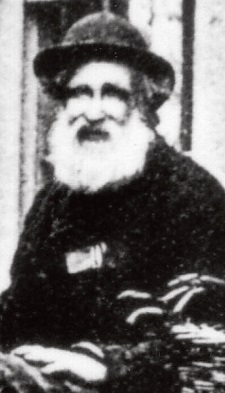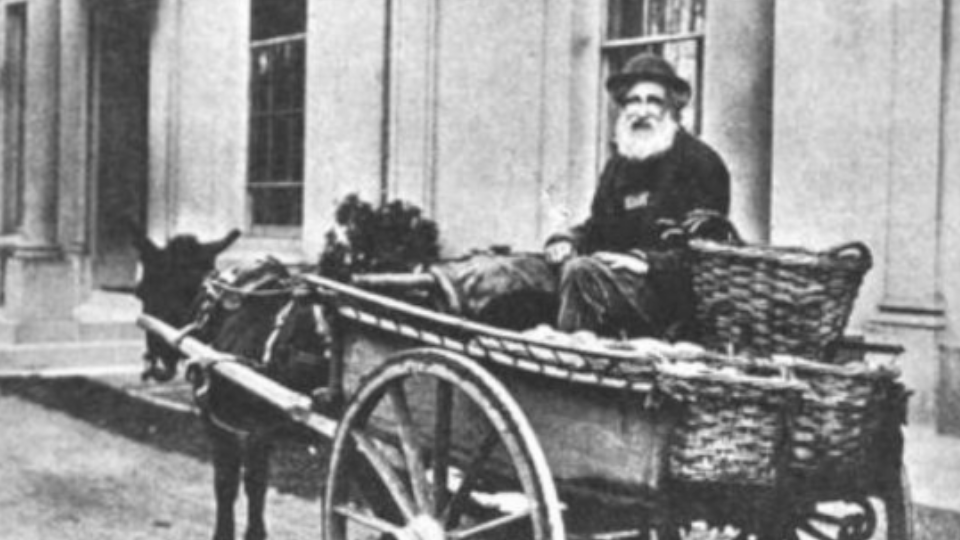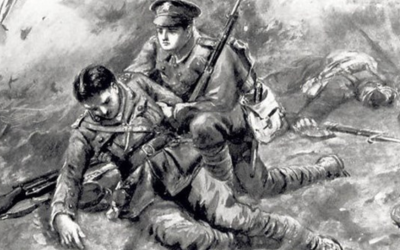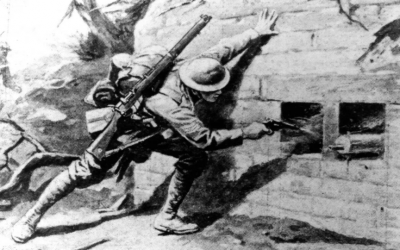An Uneven Path to the Battlefield

John Divane—or perhaps more accurately, John Duane—was born near Loughrea, County Galway, in 1822. Evidence suggests that “Divane,” the name recorded in the Victoria Cross register and other official documents, may have been a misspelling of his real surname. Semi-literate at the time of his enlistment, he is believed to have written the tail of the letter “u” on the wrong side, leading to the persistent error in public records.
Divane enlisted in the 60th (King’s Royal Rifle Corps) in April 1854, during a time when the British Army was actively recruiting Irishmen. His service record shows repeated spells in detention and forfeitures of pay, though the details of his infractions were never recorded. Yet, despite this disciplinary record, he earned three good conduct badges over the course of his career.
Then, in 1857, his battlefield courage would eclipse all that had come before.
Heroism at Delhi
During the brutal campaign to retake Delhi in what was then termed “The Indian Mutiny,” Rifleman Divane distinguished himself in a moment of extraordinary bravery.
On 10 September 1857, amid fierce fighting outside the city, he led a charge against one of the enemy’s fortified trenches. His citation reads:

The phrase “elected by the Privates of the Regiment” refers to the system in place during the early years of the Victoria Cross, where in certain cases, fellow soldiers could nominate a comrade for the award.
A Life Altered by War
Divane was severely wounded during the assault, and his right leg had to be amputated. The following year, in 1858, he was discharged from the Army and granted a pension of 10 pence per day, along with a £10 annual annuity as a Victoria Cross recipient.
Unable to work due to his injuries, Divane became an In-Pensioner at the Royal Hospital, Chelsea, a home for disabled and retired soldiers.
Later in life, Divane returned to Ireland before moving to Cornwall. There, he spent his final years selling fish on the streets of Penzance, eking out a modest living as a hawker. He died in poverty on 1 December 1888, in his mid-60s, and was buried in a pauper’s grave.
His Victoria Cross is not currently held in a public collection.




